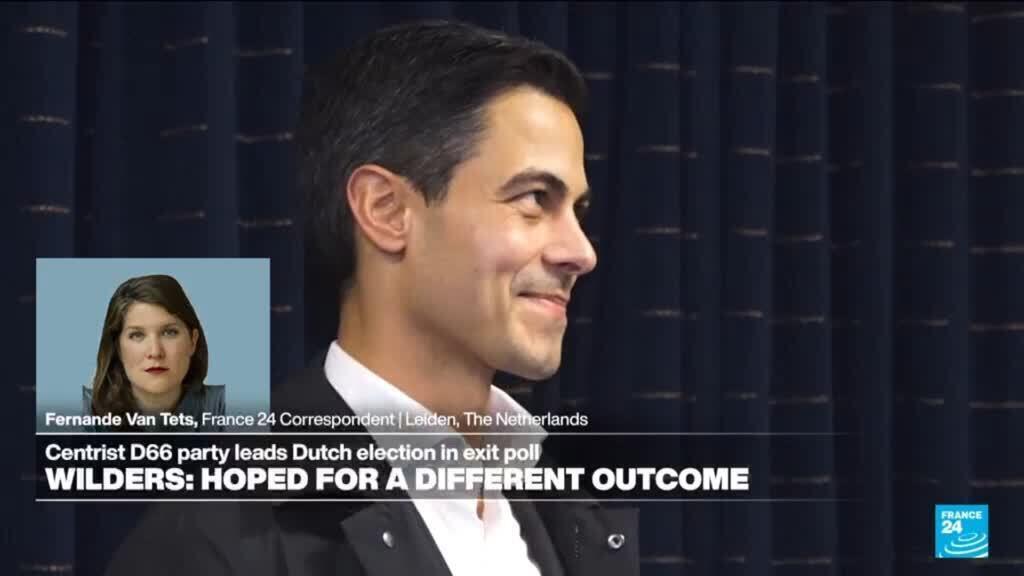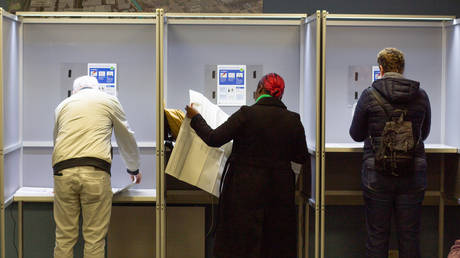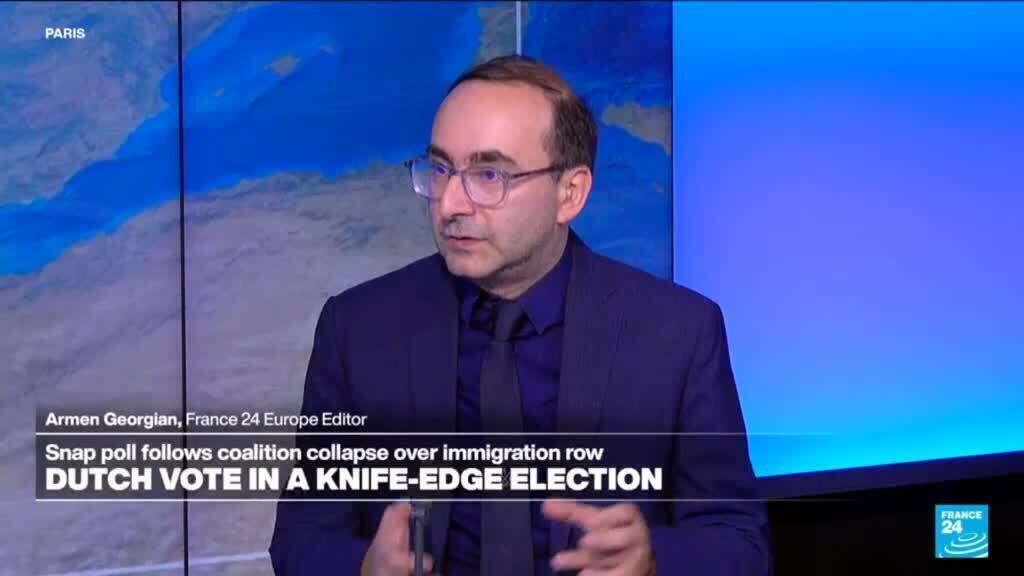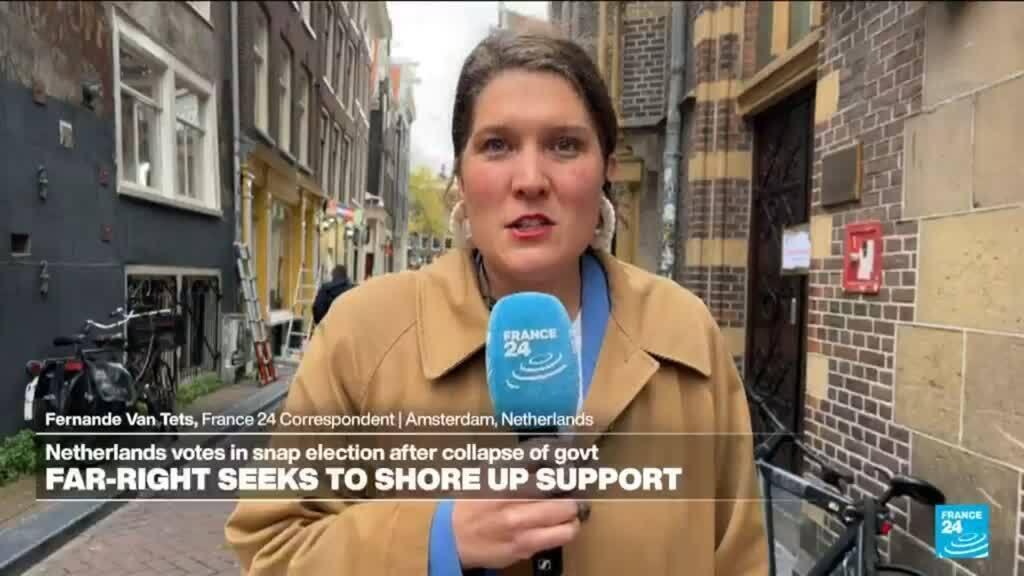Geert Wilders convinced Dutch voters the far right could run the country. What is their verdict now?
NegativeWorld Affairs
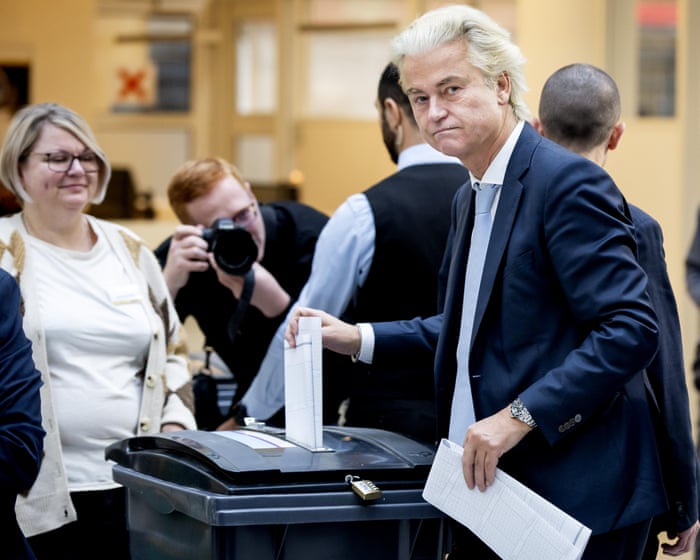
Geert Wilders and his far-right party's two-year governance experiment in the Netherlands has ended in disappointment, raising critical questions about the viability of populist leadership in Europe. While Wilders convinced many voters that his party could effectively run the country, the reality has shown significant limitations in delivering on radical promises. This situation serves as a cautionary tale for other European nations considering similar political paths, highlighting the challenges and potential pitfalls of populism in governance.
— Curated by the World Pulse Now AI Editorial System



